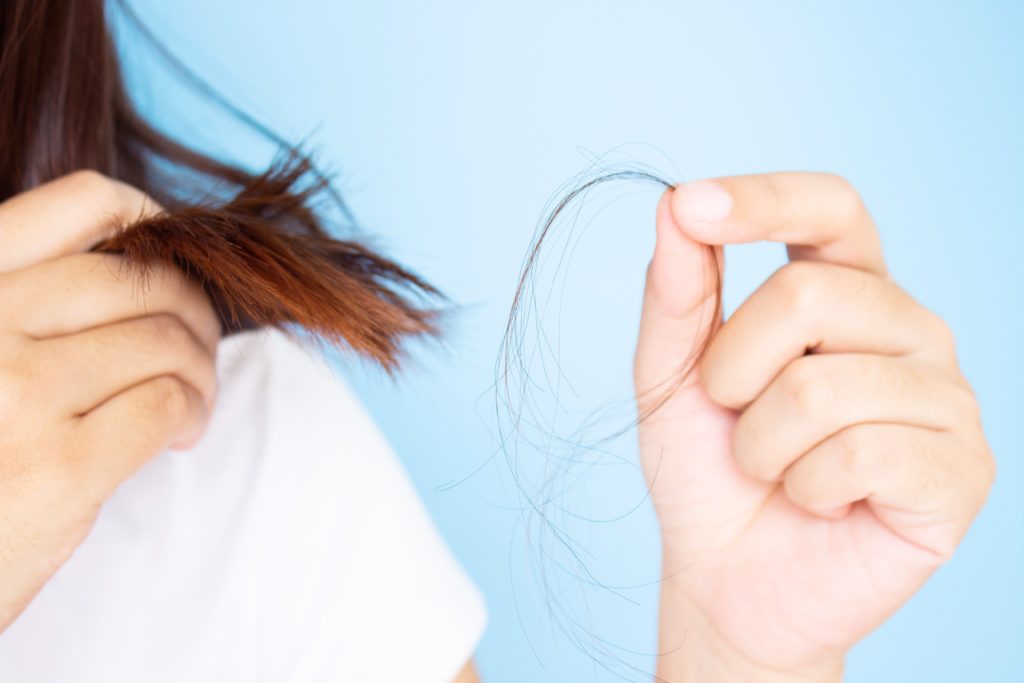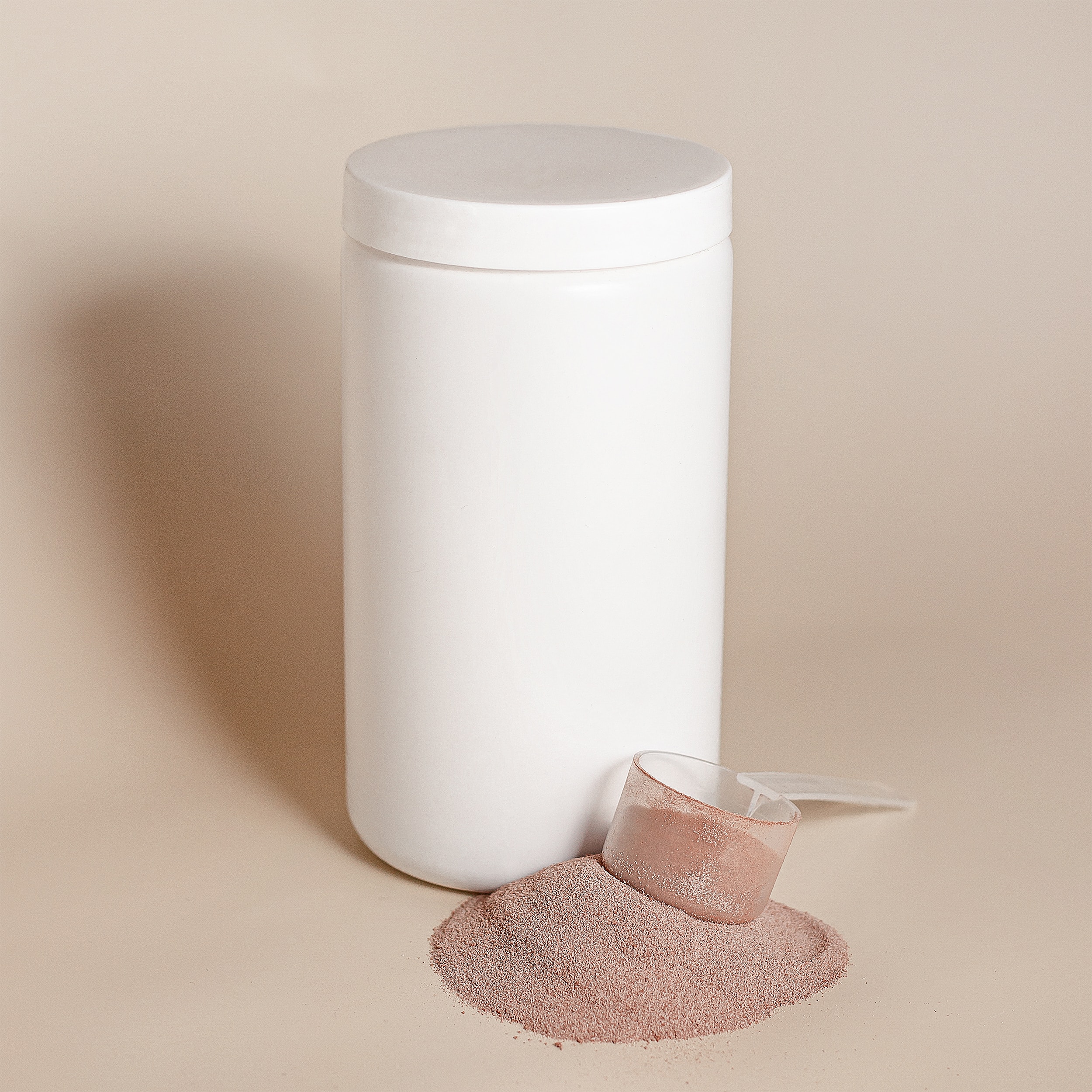
The main causes of female hair loss and how to treat it
24th September 2019
Your hair is your crowning glory, so realising that you’re losing more than usual can be incredibly worrying, especially if you’re unsure what’s behind it. Hair loss is a surprisingly common problem for women, so you’re not alone. In many cases, hair loss is temporary – but what could be behind it?
You’re anaemic
Around 1 in 10 women are anaemic, which means their red blood count is lower than it should be. Most often found in women of reproductive age, iron deficiency anaemia can cause fatigue, shortness of breath, heart palpitations – and hair loss. If your body is lacking iron, your body can’t produce the haemoglobin that is needed for the growth and repair of cells – including the cells that stimulate hair growth.
If you suspect your hair loss could be down to anaemia, head to your GP, who can measure your iron levels. It can be treated with iron supplements, and any hair loss is usually temporary. Keep in mind though that hair is more sensitive to low iron than other parts of the body, and therefore we like the iron levels to be a little higher than the minimum recommended for general health.
You’ve had a baby
Unfortunately, your bundle of joy can come with some not-so-joyful changes to your body! Post-natal hair loss is extremely common. This is down to the rising levels of oestrogen and progesterone prolonging your hair’s growth phase, meaning your hair will seem fuller and thicker than usual – which means that after you’ve given birth and your hormone levels return to normal, the hair will shed.
It’s not particularly enjoyable, but in most cases it’s temporary, and your hair will be back to its best after around six to 12 months. In the meantime, make sure you’re eating a balanced diet and taking good care of your hair.
You’ve lost weight quickly
Crash diets aren’t good for you, period – but did you know they can also wreak havoc on your hair? If you experience rapid weight loss, you may find that six to 12 weeks afterwards, you’re losing much more hair than normal. Known as telogen effluvium, this type of loss occurs when the hairs are forced into the telogen phase – the final phase of the hair cycle – and fall out. It can be linked to the lack of nutrients – often when losing weight, people aren’t taking in enough protein. As your hair isn’t your body’s priority, it will use the nutrients it’s taking in to fuel your organs.
Telogen effluvium usually goes away by itself once your weight has stabilised, but it’s a good idea to stay on top of your nutrient intake. There are nutritional supplements for hair loss we can recommend, so please check with us or refer to our website.
It’s your hairstyle
Step away from the extensions! Traction alopecia is commonly found in women who use hair extensions or regularly wear their hair repeatedly in tight hairstyles. When the hair is regularly pulled in the same area, it can damage the root and cause the hair to come out. In the early stages, it’s usually reversible – you’ll just need to leave your hair down wherever possible, or switch up your hairstyles. However, in severe cases, the follicles may be too damaged for the hair to regrow, in which case a hair transplant may be needed.
It’s your hormones
Women have high amounts of oestrogen and progesterone, and a low amount of testosterone, but the hormone responsible for pattern baldness is a by-product of testosterone – dihydrotestosterone (DHT). It’s the DHT that affects the hair follicles, causing hairs to grow differently before the follicles shrink and stop producing hair entirely. It tends to start around the crown of the scalp in women, and usually progresses slowly.
Thankfully, it is treatable. Medications like minoxidil and others which can effectively strengthen the hair, stimulate growth and help prevent further hair loss. Alternatively, a hair transplant could be the long-term answer – speak to our team to find out if it’s for you, or if you want to discuss any of our treatments and services.


